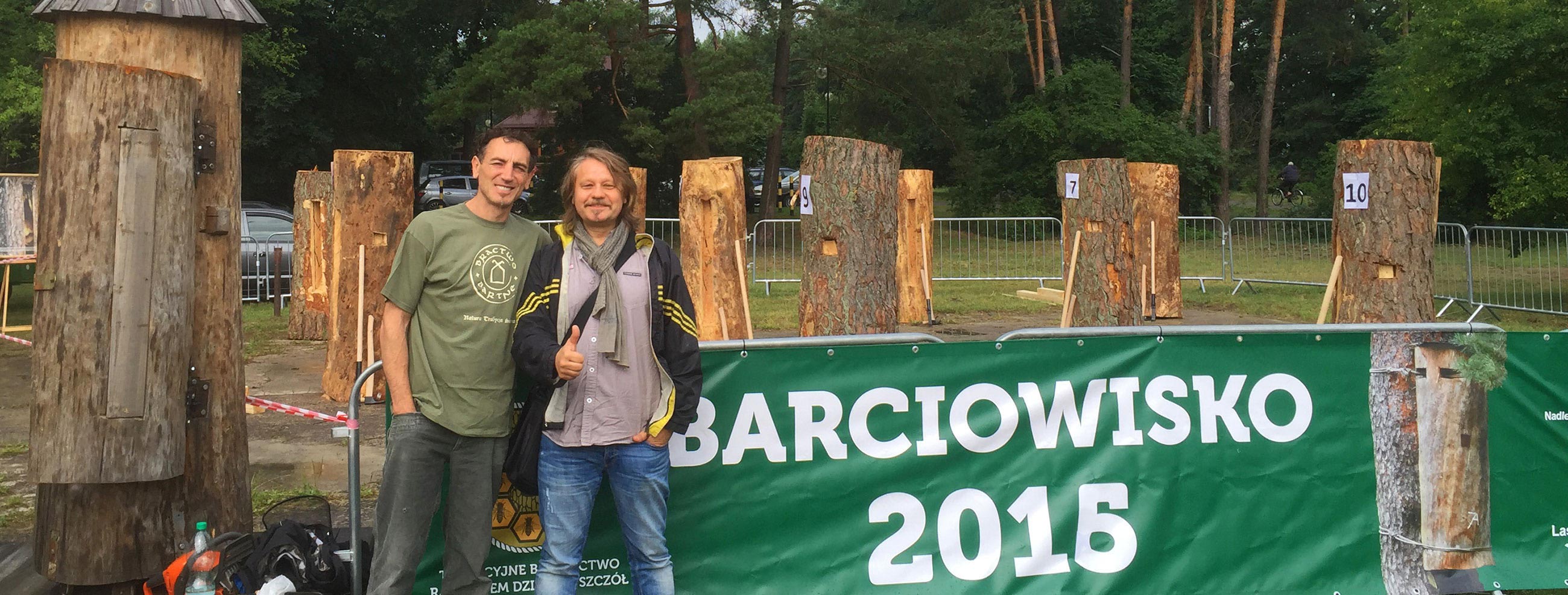
WHO WE ARE
About us
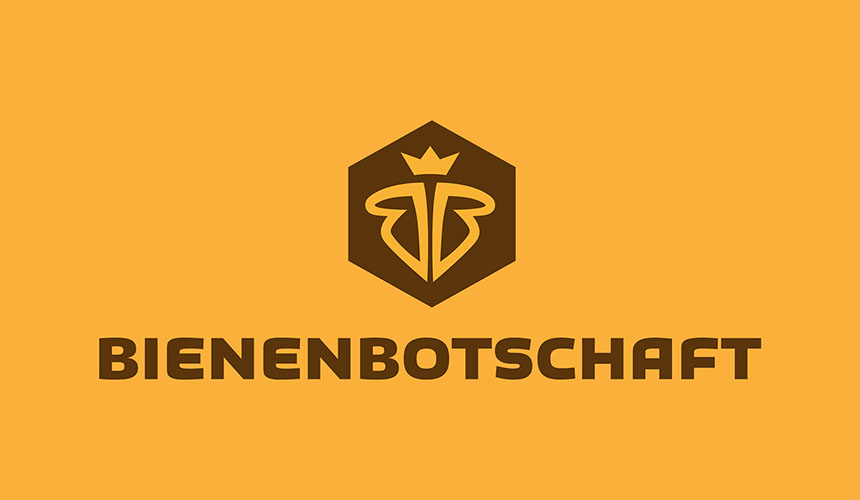
“We’ve learned to see with the eyes of the bees”
What was the reason for our commitment?
Every year, many natural swarms of bees are going lost, because they cannot find suitable nesting sites in nature, and nobody is there to help them. Additionally the old and hollow trees that offer suitable space of retreat and protection for wild honey bees, birds and a lot of insects, are being removed. However, a bee colony cannot survive without such nesting sites.
BIENENBOTSCHAFT does create such characteristic nesting sites and is looking after them professionally.
What are our aims?
What is special at this species-appropriate beekeeping?
How are we working in detail?

Antonio Gurliaccio
Beekeeper, since 2012 tree-beekeeper, foundation member of BIENENBOTSCHAFT
Since 2012, beekeeping training courses at BIENENINSTITUT, Kirchhain
2015 Education as tree-beekeeper, Ballenberg, Switzerland (Free the bees)
2016 Practical tree-beekeeper education at the original place Barciowisko in Poland & Barctwo Bartne
2017 Education in the field of mountain climbing and knowledge of trees (arborfaktur/Götz Baumpflege)
2017 1. rank during the International Competition Barciowisko 2017 in Augustow, Poland
2018 1. rank during the International Competition Barciowisko 2018 in Augustow, Poland
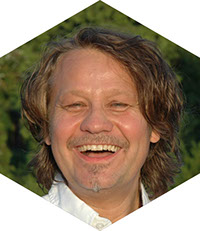
Foundation member, artist, event manager and member of BIENENBOTSCHAFT
Our network



Teacher of agricultural science/beekeeper and tree-beekeeper colleague, Italy



Tree-beekeeper Adjutant

Expert in forest-related education, tree-beekeeper colleague

Timo Schinz
Health advisor GGB, tree-beekeeper Adjutant
vitalstoffreich-vollwertig.de

Foreign language correspondent, friend of BIENENBOTSCHAFTER
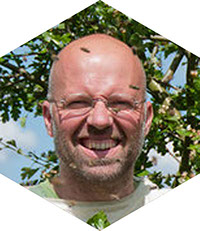

Heinz Fortmann
Nature & animal friend, beekeeper

Frankfurt School of Finance & Management gGmbH
SENIOR PROJEKT MANAGER PROFESSIONAL & EXECUTIVE EDUCATION
fs.de/campusbees
Botanischer Garten Frankfurt am Main
Dipl.- Ing. Manfred Wessel
Head of Botanischer Garten
botanischergarten-frankfurt.de
Prof. Dr. Dr. Christian Winter
Zoologist, bee house Botanischer Garten, Frankfurt
botanischergarten-frankfurt.de
uni-frankfurt.de
Dr. Lotte Jüling-Pohlit
Beekeeper
frankfurter-imker.de
Dr. Jürgen Becker
NABU-Karben
nabu-karben.de
Prof. Dr. Roland Prinzinger
Ornithologist, NABU-Karben
prinzinger-roland.de
Zielona Barc Olesno
Green log-hive
facebook.com/zielona.barc
Prof. Dr. Jürgen Tautz
HOBOS-Team, Universität Würzburg
HOneyBee Online Studies
hobos.de
Umweltbildungszentrum “Schatzinsel Kühkopf”
Ralph Baumgärtel / Leiter des Umweltbildungszentrums
Christian Kehrenberg / Umweltpädagogik
https://schatzinsel-kuehkopf.hessen.de
Piotr Pilasiewicz
Brotherhood of tree-beekeeping Barctwo Bartne
bartnictwo.com
Traditional beekeeping
Forest offices Augustow, Poland
tradycyjne-bartnictwo.pl
André Wermelinger
Founding president
freethebees.ch
Ivan Osipau
Brotherhood of tree-beekeeping Belarus
bortnictva.by
Nic
Nature and human being
naturaiczlowiek.org
Cooperation
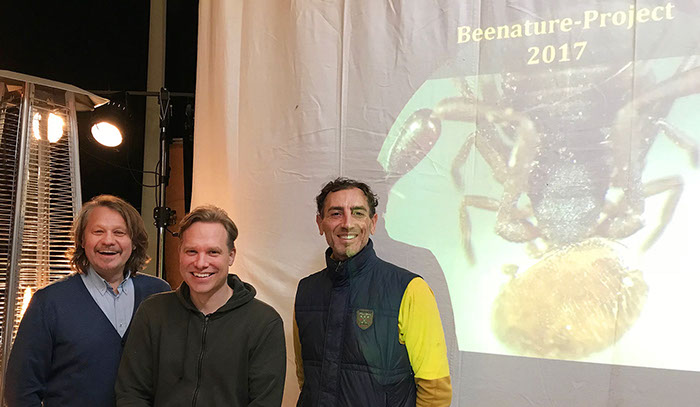
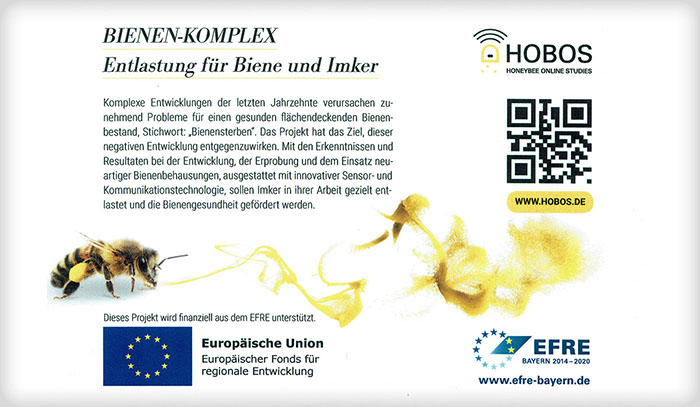
Beenature-Project/HOBOS
From now on BIENENBOTSCHAFT is working together with the scientific expertise of the biologist Torben Schiffer. He has been researching the main differences of hollow trunks and log-hives with regard to the inner climatic conditions and their consequences for the bees’ health under the supervision of Prof. J¸rgen Tautz of HOBOS-Team. Schiffer was especially employed by Prof. Tautz for this purpose.
Not only the choice of wood is important for positive climatic conditions but also constructional aspects have to be taken into consideration, for that a log-hive really provides comparable results regarding inner climate such as a suitable natural hollow trunk. The effects of climatic conditions to the bees’ health is significant and is not to be underestimated (reference). Therefore we will adjust the log-hives that have been built similarily within the last centuries to the latest scientific insights. Furthermore, we will record and evaluate the results of these reconstructions using highly sensible climate data equipment.
Prof. Tautz personally granted a release for the development and purchase of a corresponding sensor technique that is now in the course of this mutual research placed at the disposal of BIENENBOTSCHAFT. All results will be published “open source” for all beekeepers and tree-beekeepers. First insights are to be expected in spring 2018.






